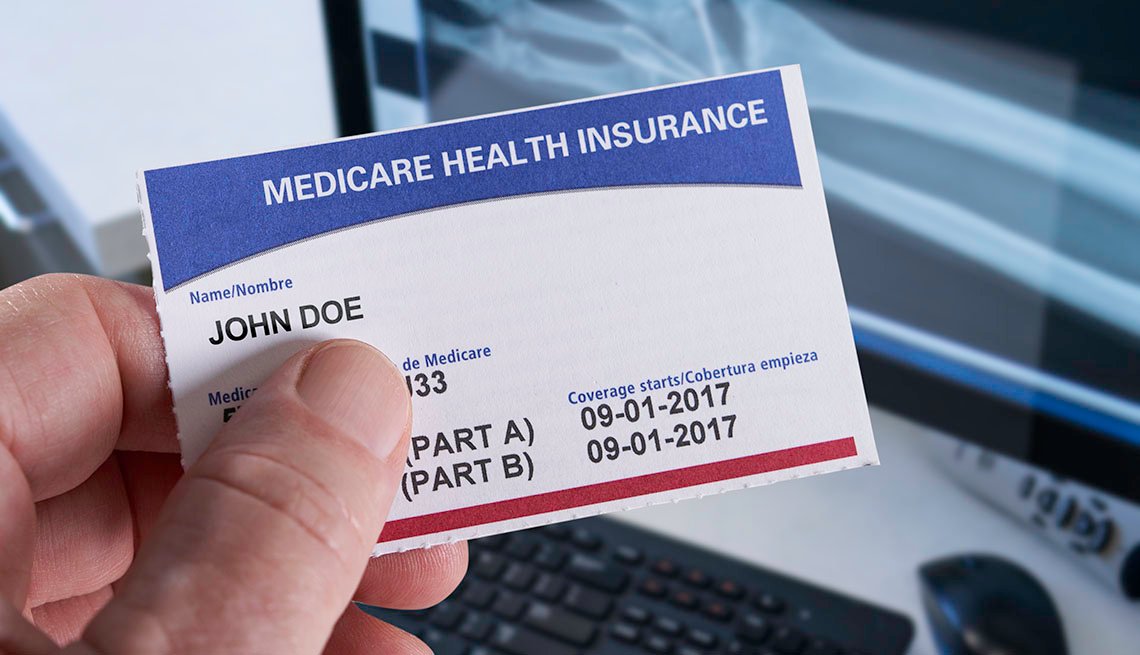Generation Hispanic TV - Live
Medicare Facilities Will Perform Abortions To Save a Mother’s Life
If the procedure is life-saving, doctors will perform an abortion despite Roe v. Wade’s overturning
The landmark decision to overturn Roe v. Wade has been a significant setback in women’s fight for health rights, especially considering how this decision set back the movement for nearly fifty years.
Half a century of guaranteed federal constitutional protection of abortion rights evaporated, immediately causing significant distress to women across the United States.
However, US President Joe Biden signed an executive order Friday directing Health and Human Services to ensure and protect abortion access. Federal law will provide legal defence for physicians facing state prosecution when providing abortions in emergencies.
This was stated in a letter written by Health and Human Services Secretary Xavier Becerra to health care providers on Monday.
Should they refuse to provide abortions in these cases, hospitals could risk having their Medicare provider agreement terminated and face financial penalties. Likewise, physicians who refuse to provide abortions in their private practice could be cut from Medicare.

Health care graphic © Tubik
The US president has also directed the HHS to protect access to contraception and guarantee broad access to the abortion pill, mifepristone.
In the aftermath of the decision, abortion clinics in several states were closed, leaving women seeking abortions with little choice other than to travel to other states or countries for alternatives. The ruling could even lead to a complete ban on the procedure of abortion in roughly half of US states. It’ll have severe implications for forty million women of child-bearing age living in states where abortion becomes more difficult to access.
The psychological implications of this decision have been mostly overlooked. Having little to no access to safe abortions will probably correlate with a dwindling sex drive in the affected population.
Physicians are required to provide abortions during cases of medical emergency under federal law and will face penalties should they refuse. However, individual states decide when and whether abortions will remain legal, and many states will continue to allow them, even providing options to assist women who live in states that might restrict abortion.
As per The New York Times and the Center for Reproductive Rights, the states most likely to ban abortion include Alabama, Arizona, Arkansas, Georgia, Idaho, Indiana, Kentucky, Louisiana, Michigan, Mississippi, Missouri, Nebraska, North Carolina, North Dakota, Ohio, Oklahoma, Pennsylvania, South Carolina, South Dakota, Tennessee, Texas, Utah, West Virginia, Wisconsin, and Wyoming.
The social and political implications of the overturn of Roe v. Wade are highly concerning for the well-being of women across the US. Seeing the federal government take measures to support them is only the first of many steps to be taken in the fight for women’s health rights.



